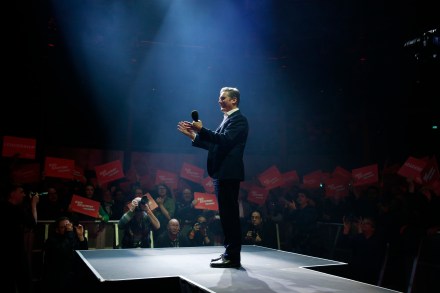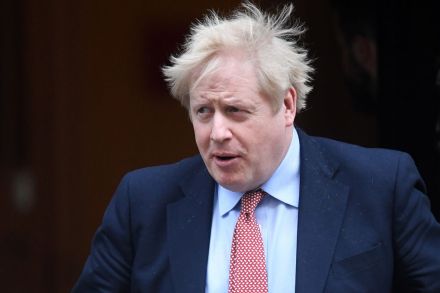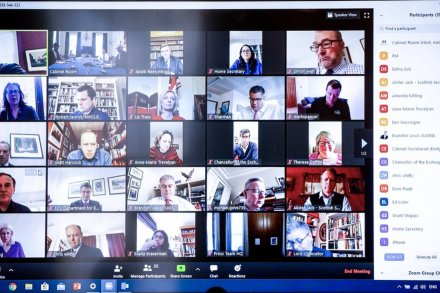Keir Starmer is the conservative we need in this time of crisis
These are discombobulating times. A deadly pandemic; the United States at sea, China belligerent and the EU at war with itself. British politics was in flux before the virus hit. Now it is vertiginous. The Tory party, long seen as the guardian of the status quo, has been forced to change tack as it deals with the fallout. Keir Starmer, recently elected as Labour leader, will play a vital role in this realignment – but not one we would once have envisaged. Starmer’s election as Labour leader in the midst of coronavirus is a good thing. He is the anti-Corbyn for a Labour party looking for calm and stability after





















